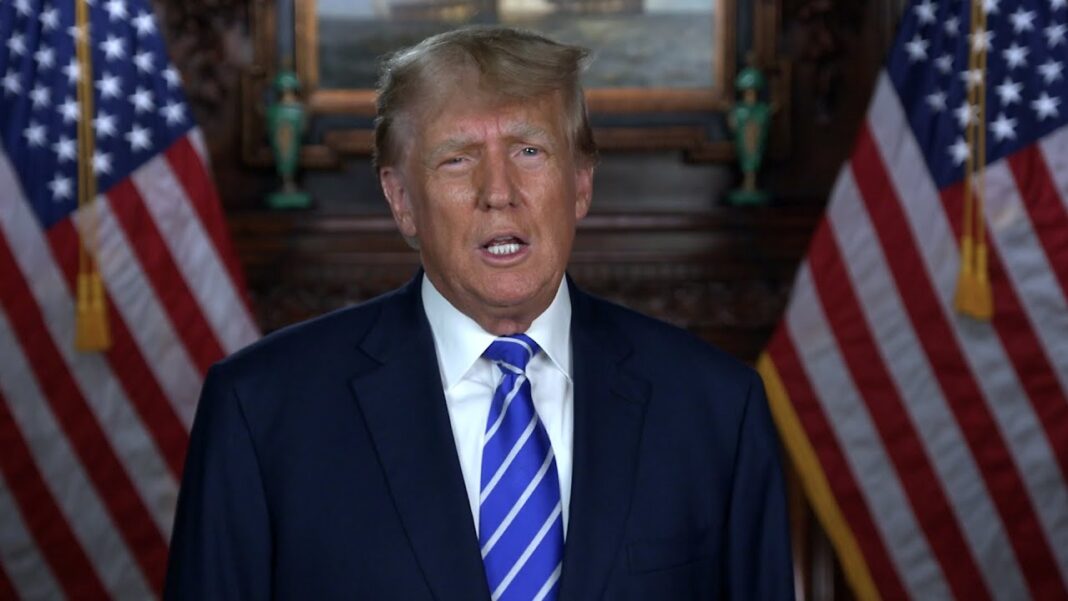In his second term, Donald Trump, with Elon Musk and Vivek Ramaswamy, plans to dismantle the administrative state by cutting bureaucracy, enforcing accountability, and slashing costs.
For many years, and in many places, I have been railing against the rise of what people like me have called “the administrative state,” “the deep state,” “the Syndicate.” In an essay called “The Imperative of Freedom” for the June 2017 issue of The New Criterion, I drew upon the work of the political philosopher James Burnham to point out that at least since the 1940s, real legislative power had been increasingly concentrated in what Burnham called “administrative bureaus,” not parliaments or Congress.
“‘Laws’ today in the United States,” Burnham wrote in The Managerial Revolution (1941), “are not being made any longer by Congress, but by the NLRB, SEC, ICC, AAA, TVA, FTC, FCC, the Office of Production Management (what a revealing title!), and the other leading ‘executive agencies.’”
And note that Burnham wrote decades before the advent of the EPA, HUD, CFPB, FSOC, the Department of Education, and the rest of the administrative alphabet soup that governs us in the United States today. As the economist Charles Calomiris pointed out in his short but important book Reforming Financial Regulation After Dodd-Frank (2017), we are increasingly governed not by laws but by ad hoc dictats emanating from semi-autonomous and largely unaccountable quasi-governmental bureaucracies, many of which meet in secret but whose proclamations have the force of law.
Article I of the Constitution vests all legislative power in Congress, just as Article III vests all judicial authority in the Court. The administrative state is a mechanism for circumventing both. In The Administrative Threat, the legal scholar Philip Hamburger describes this shadowy Leviathan as “a state within a state,” a sort of parallel legal and political structure populated by unelected bureaucrats. Binding citizens not through Congressionally enacted statutes but through the edicts of the managerial bureaucracy, the administrative state, said Hamburger, is “all about the evasion of governance through law, including an evasion of constitutional processes and procedural rights.” Accordingly, he concludes, the encroaching activity of the administrative state represents “the nation’s preeminent threat to civil liberties.”








